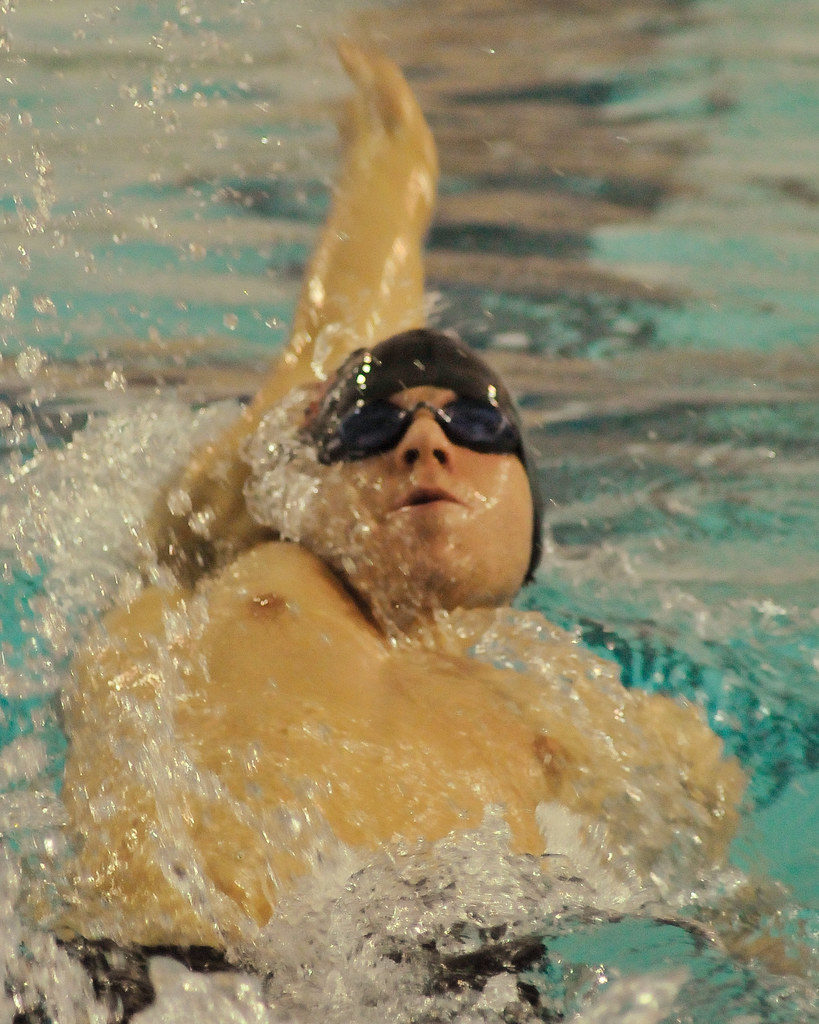Swimming – The Main Strength of an Alexander Technique Teacher (Pain)(Strain)(Injuries)(Posture)(Psychology)(Albuquerque)
This ebook, An Alexander Technique Approach to Swimming, is published on this website in a PDF format. It is very detailed and practical, and it will give you the physical tools you need to take the limits off of your ability to swim with ease, power, pain-free, and with speed without wearing out your shoulders.
This ebook is also for sale on all AMAZON websites in a KINDLE format.
Located in Albuquerque, New Mexico, U.S.A. (MOVEMENT THERAPY)
What makes the Alexander Technique teacher so extraordinarily good at working with swimmers is our ability to work outside of the box, whether the Alexander Technique teacher has ever swam or not. In fact, the Alexander Technique teacher who has never swam may be able to give the martial artist what he or she needs in a way that is way outside of the box. What do I mean?
When I was an aspiring concert guitarist, I went to an Alexander Technique teacher, because I was causing carpal tunnel syndrome to my left wrist, practicing the guitar hours and hours every day. Because the Alexander technique teacher I worked with was not a classical guitarist, she effortlessly got me to question everything I did on the guitar from head to toe.
It was extraordinary for me after years of playing and after many fine guitar teachers, to dismantle everything I thought was necessary to be a concert guitarist, and create my own personal guitar technique. (I do the same with my Alexander Technique clients, not letting my personal classical guitar technique override my Alexander Technique training.)
I kept what worked, let go of what didn’t work, fined tuned what almost worked, and added whole new ways of accomplishing for the first time what I was truly capable of on the guitar.
What I bring to the swimmer are the eyes of an Alexander Technique teacher. I assist the swimmer in being able to consciously use his or her whole body in a completely elegant, balanced, powerful, and coordinated way. I teach the swimmer how to swim with ease without paying a physical price by tensing or hunkering down to cover the distance or win a race.
How do I do this? I went through a three year training, and in my Alexander Technique training I learned to use my whole body with ease and balance in everything I do, from walking, to brushing my teeth, to playing the guitar, to teaching the Alexander Technique.
My training also taught me to look at any activity, from playing a musical instrument to the swimming, and to spot when the person is sacrificing his or her body for the activity. What does this mean? It means when I work with the swimmer, I can clearly see when the swimmer is hunkering down paying a painful physical price to get in shape or win a competition. I can see when the swimmer is not connected to his or her torso and legs when swimming. I can see when the swimmer is not in flow from head to toe, and because of this whole body disconnect, is too slow and uncoordinated.
What I also bring to the swimmer is that I embody whole body good use as I assist the swimmer in creating his or her personal effortless, powerful, and whole body moving all together swimming technique. This means, even if the swimmer doesn’t know it consciously, I demonstrate to the swimmer with my own posture how to move without pain, strain, and compression. I also use verbal directions and directing hands on the swimmer’s body to communicate what is needed to create a pain-free swimming technique.
SINCE I AM NOT SACRIFICING MY BODY AS I TEACH THE SWIMMER, EVERYTHING ABOUT MY POSTURE, WORDS, AND HANDS COMMUNICATE TO THE SWIMMER HOW TO DO THE SAME AS HE OR SHE SWIMS.
An Alexander Technique teacher is extraordinarily unique in the world of postural teaching, because the Alexander Technique teacher is teaching the swimmer to do as the Alexander Technique teacher EMBODIES and says, rather than doing only as I say. Simply, if I tell you to swim one of the major four strokes without locking your neck, and I tell you this with poor posture, you will have one heck of a time learning to swim with a released and lengthening neck and decompressed spine.
You won’t know why swimming with a free neck seems so hard, but it is because unconsciously you are receiving conflicting messages from me talking about good posture and exhibiting poor posture. A certified Alexander Technique teacher can truly say do as I do, do as I say, and do as my hands are communicating to your nervous system through my free nervous system.
